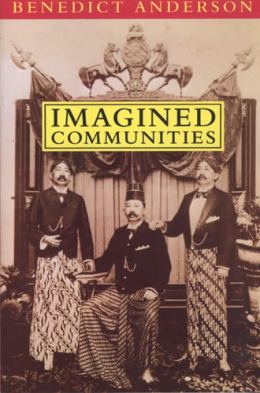
One of the most important meditations on what it means to live in a modern nation, Benedict Anderson’s 1983 Imagined Communities explores how often far-flung, disparate sets of people willingly embraced new national identities in the 20th century. Anderson, a British historian and professor at Cornell, details the means by which we come to think of the modern nation-state as “a deep [egalitarian] comradeship” despite the fact that social and economic inequalities remain, often as bad as in earlier ages of sovereign kings and monarchies. The short explanation involves the tools of the modern capitalist world, media in particular. The first wave of national newspapers, for example, provided a kind of “extraordinary mass ceremony” in which countless people in towns and farmhouses consumed the same information at the same time. Imagined Communities remains the most clear-eyed tract on how people came to see themselves as “national” beings, an identity that Anderson and scholars since have shown relies on far greater fictions than truths. Of course, it’d be interesting to hear what Anderson might say now about what’s happening to the idea of the nation in the far more fragmented age of globalization and the Internet.
